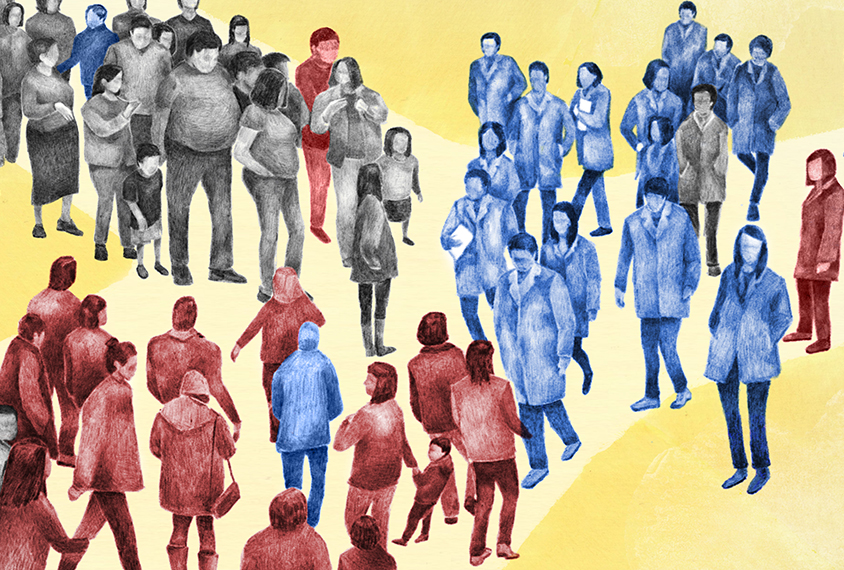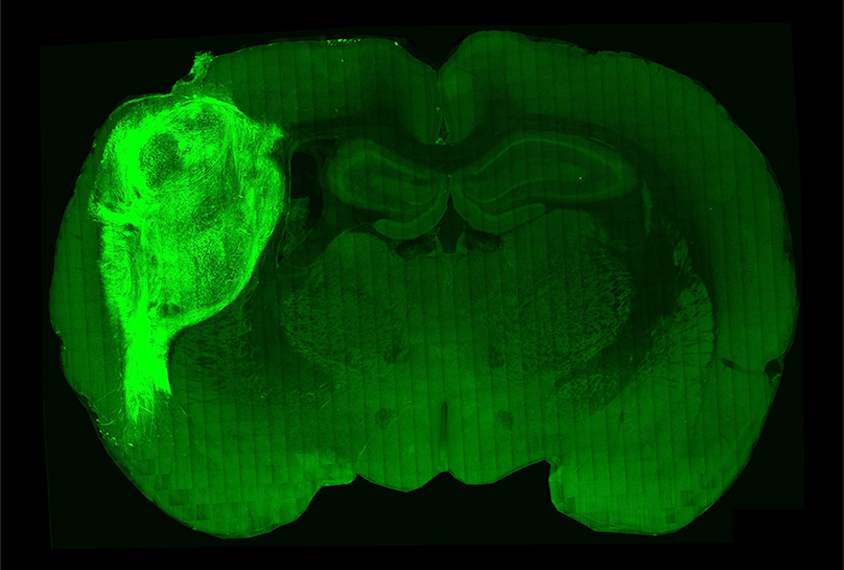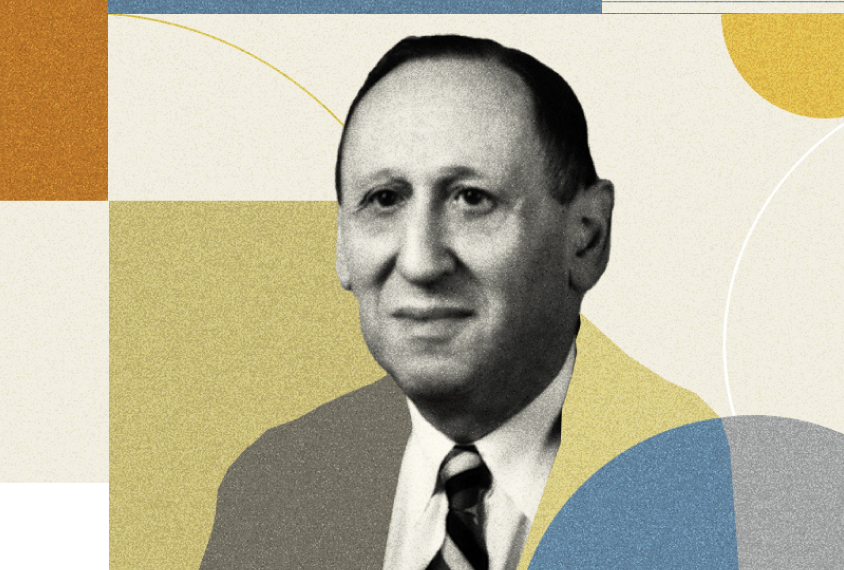Features
In-depth analysis of important topics in neuroscience
Making cancer nervous
Nerve cells in the brain and throughout the body can turbocharge tumor growth — a finding that not only expands conventional ideas about the nervous system but points to novel therapeutic targets for a range of malignancies.
Uncertainty and excitement surround one company’s cell therapy for epilepsy
After 10 years of work, Neurona may have the data to quiet its skeptics. But its ongoing clinical trial will be the ultimate test.
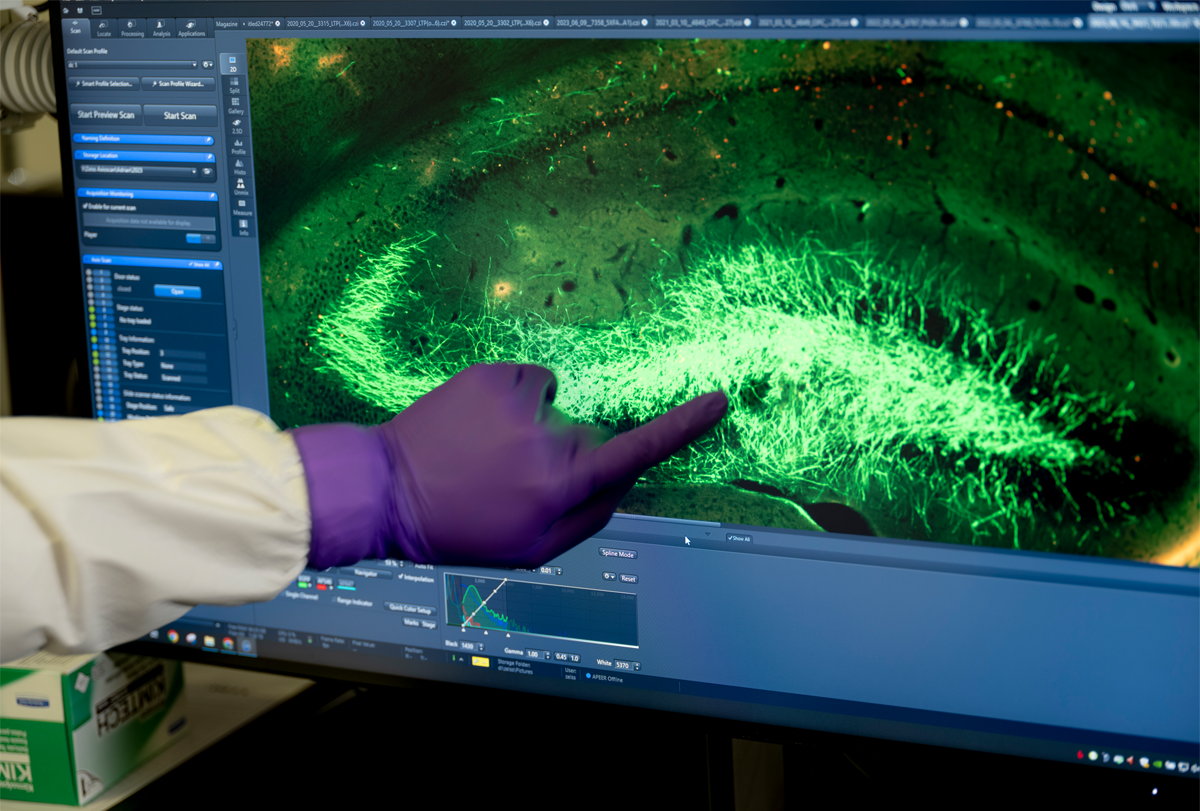
Uncertainty and excitement surround one company’s cell therapy for epilepsy
On the periphery: Thinking ‘outside the brain’ offers new ideas about autism
Neuronal alterations outside the brain may help to explain a host of the condition’s characteristic traits, including sensory changes, gut problems and motor differences.
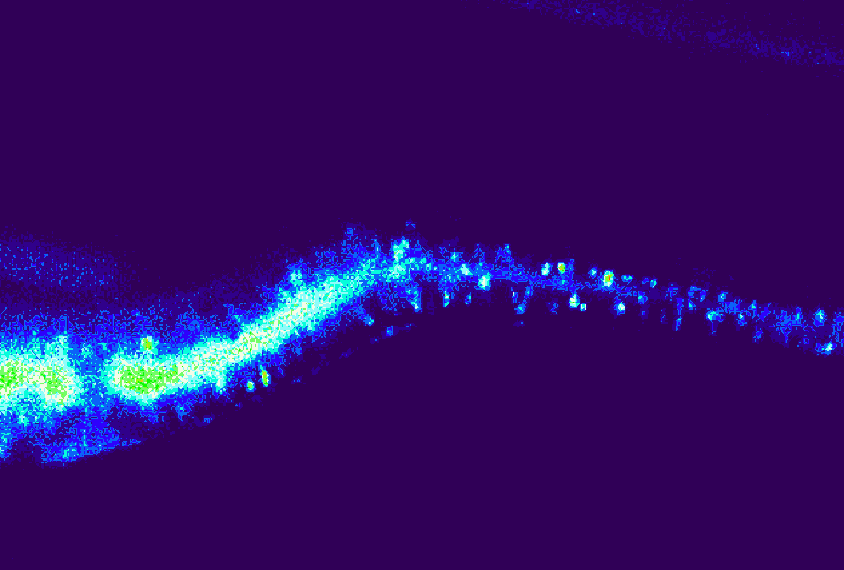
On the periphery: Thinking ‘outside the brain’ offers new ideas about autism
The promise of telehealth in autism diagnoses
The COVID-19 pandemic forced a reckoning, in which autism clinicians had to redefine best practices and expand how children are evaluated. The remote assessments they developed may help solve a persistent problem: the long wait families endure to get a diagnosis in the United States.
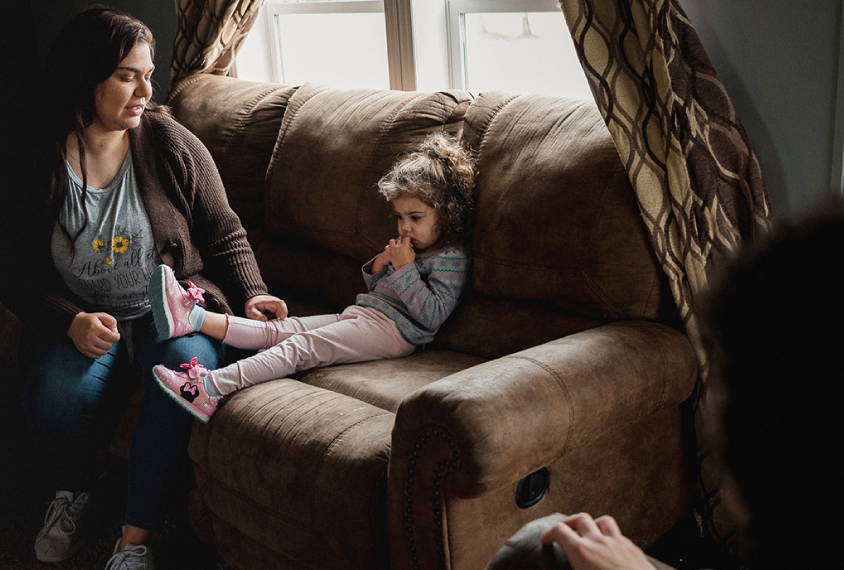
The promise of telehealth in autism diagnoses
Autism research at the crossroads
The power struggle between researchers, autistic self-advocates and parents is threatening progress across the field.
40 under 40
In 2022, we asked our profile subjects and sources to flag rising stars in their labs or among their former students. The result is this list of 40 young researchers who are working on autism-related science across the globe.
Hot topics in autism research in 2022
This year saw the debut of ever-more complex techniques to grow and analyze brain organoids and other 3D tissue cultures, among other advances.
Autism researchers’ top tweets in 2022
Social media chatter this past year took up a mysterious gene region, the brain’s physical geometry and other topics related to the advancement of autism science.
The new history of autism, part III
For decades, two figures have dominated the history of autism studies. Today, newly excavated documents are calling into question the primacy of these men as founders of the field.
The new history of autism, part II
For decades, two figures have dominated the history of autism studies. Today, newly excavated documents are calling into question the primacy of these men as founders of the field.
Explore more from The Transmitter
Crowdsourcing to curb aggression in autism: Q&A with Matthew Goodwin
To accelerate the development of real-time behavioral prediction technology, a research team is sharing data and seeking new collaborators.
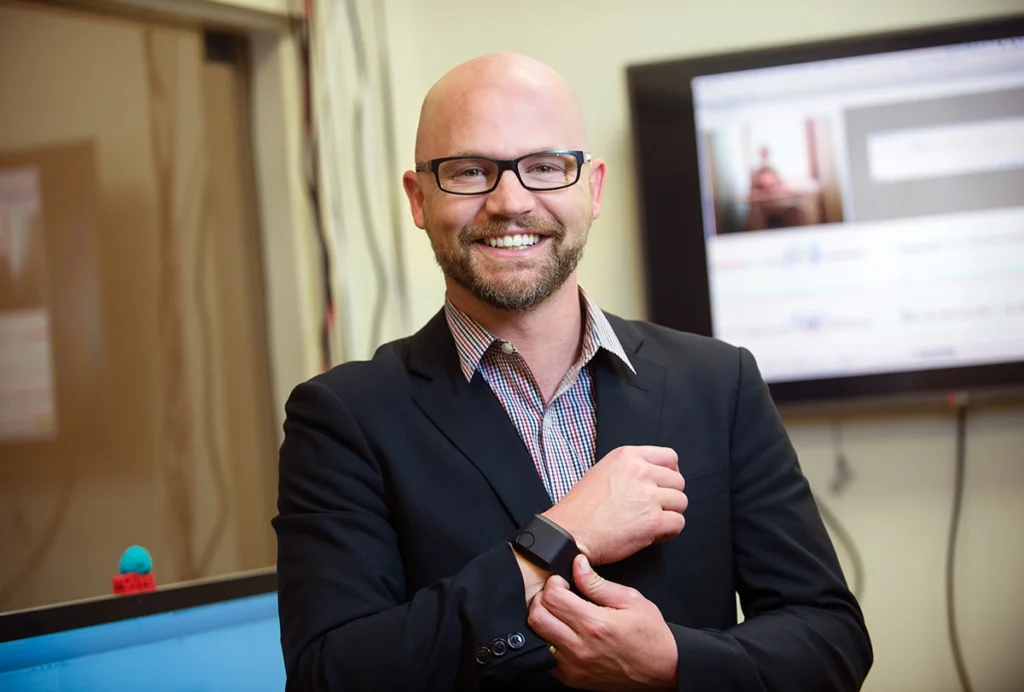
Crowdsourcing to curb aggression in autism: Q&A with Matthew Goodwin
To accelerate the development of real-time behavioral prediction technology, a research team is sharing data and seeking new collaborators.
Brain connectivity and letting the data speak with Emily Finn
The Dartmouth College researcher talks about her quest to understand behavior and doing neuroscience “in the woods.”
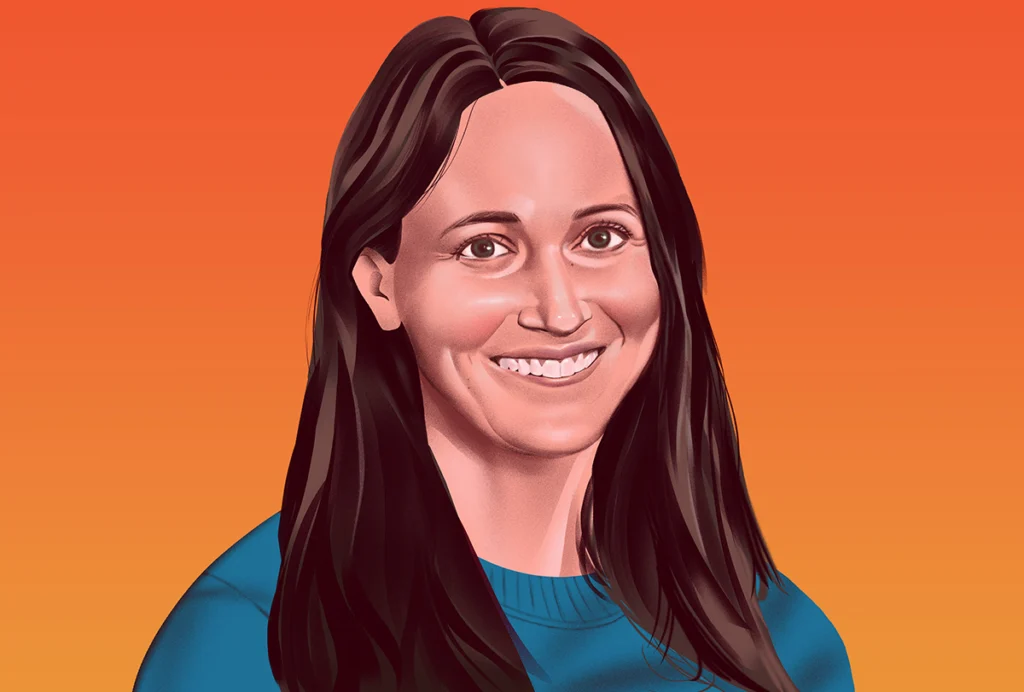
Brain connectivity and letting the data speak with Emily Finn
The Dartmouth College researcher talks about her quest to understand behavior and doing neuroscience “in the woods.”
Carol Jennings, whose family’s genetics informed amyloid cascade hypothesis, dies at 70
Her advocacy work aided the discovery of a rare inherited form of early-onset Alzheimer’s disease and helped connect affected people with researchers.

Carol Jennings, whose family’s genetics informed amyloid cascade hypothesis, dies at 70
Her advocacy work aided the discovery of a rare inherited form of early-onset Alzheimer’s disease and helped connect affected people with researchers.

